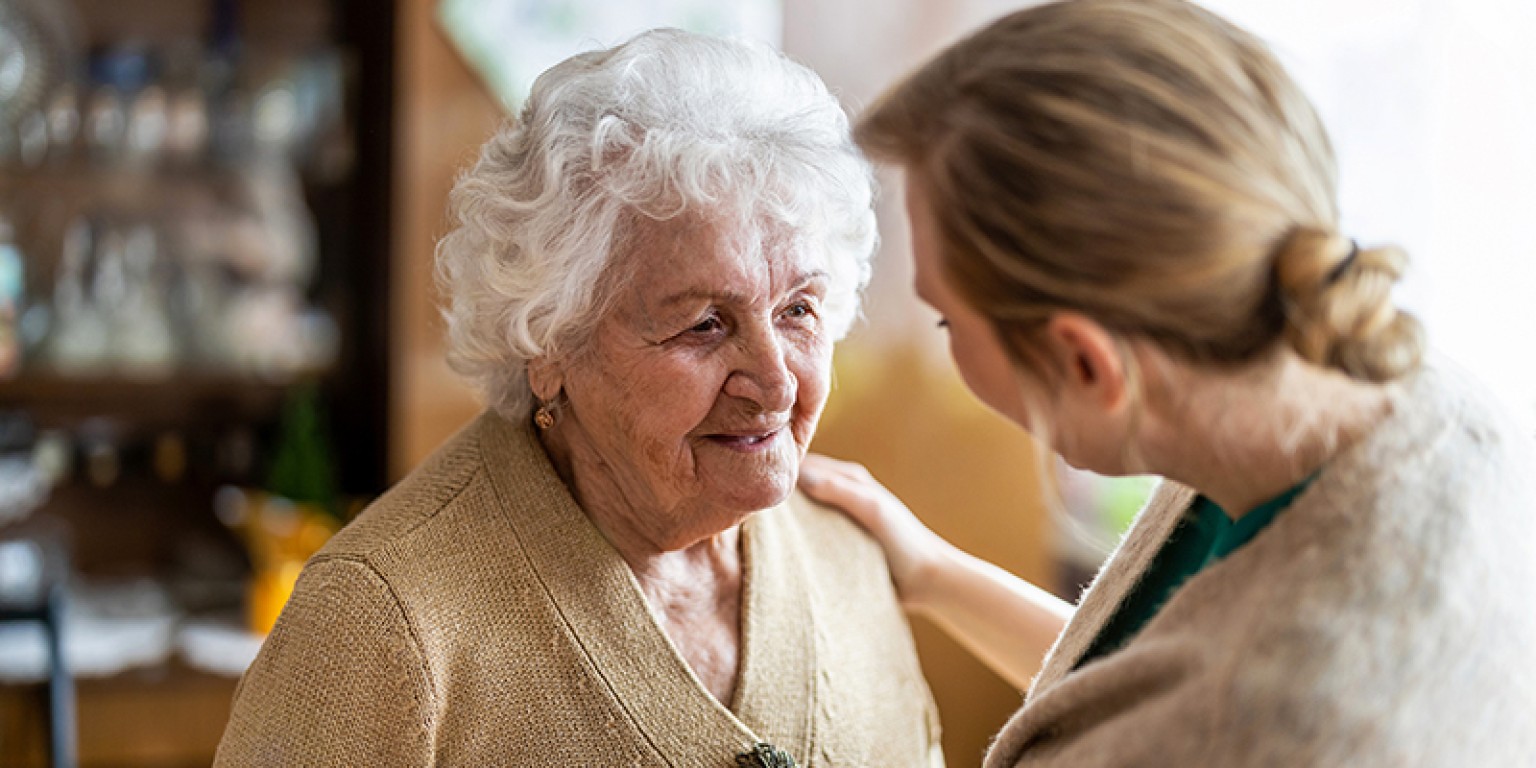What to do when your loved one is diagnosed with dementia

Learning that your loved one has dementia is life changing. Whilst the changes brought by the illness happen gradually, it's important to plan for the future so that you and your loved one can enjoy the 'now'.
Do your future selves a favour and get Enduring powers of attorney (EPAs) sorted
When a loved one has just received a diagnosis, it is crucial to put EPAs in place if they still have the mental capacity to do so. It means decisions about their wellbeing, finances and property can be made by those trusted to be the champions for the next chapter and onwards.
EPAs and wills are just as important as each other. Without them, trying to manage tasks for someone when they are deemed no longer able can be costly, time consuming and potentially devastating for friends and family.
Sally’s* story:
“It is so important to get it done while you can. My Mum didn’t, and we didn’t find out until we needed it. She has advanced dementia and my Dad was struggling to look after her and himself as he has health issues himself. We ended up having to go through lawyers to get a court appointed equivalent and it ended up costing a lot of money - money that my parents didn’t have. It caused issues with a family member who didn’t agree with our Dad’s decision. All the stress, pain and money could have been saved if my Mum had sorted out her EPA while she was capable.”
*Names have been changed to protect the privacy of individuals.
It's a team effort
When planning for the future, it's about understanding the wishes of your loved one and having reliable family and friends to help out.
Identify the friends and family members who can help share the load. Be upfront about the time investment everyone can give.
Gently guide your loved one to describe what they're experiencing so you can make a plan together.
Ask them how they're feeling about their health and how they're managing day-to-day tasks.
Divide and conquer
It's said by Dementia NZ that for every dementia diagnosis it takes up to 7 other people to help that person through their journey. There's a lot to consider when thinking about the responsibilities of supporting a loved one and who does what.
Think about the following:
Work with your loved one to get an understanding of the tasks they find most difficult.
Work out how much time these tasks will take and if they need any specialist help.
Ease the pressure. There are jobs that can be delegated to service providers, like administration duties that are often time consuming and can take away from the precious time with your loved one.
Look after your wellbeing and take breaks. Services such as respite care and Public Trust's Personal Assist can help to cover holidays, tend to specific needs such as transitioning to a rest home or over the long term if you need help with ongoing tasks.
Knowledge is power
For the best possible outcome, it's important for families and caregivers to feel supported to face the challenges that come with a loved one being diagnosed with dementia.
Here are some resources below that can help you understand dementia and find the best way forward:
To access dementia support in your area, call Dementia NZ on 0800 433 636
If there is a medical issue and you need advice, call Healthline on 0800 611 116
If you would like to speak to our specialists about Personal Assist or need extra information, fill out the form here and we’ll be in touch soon to arrange a consultation for a time that suits you.